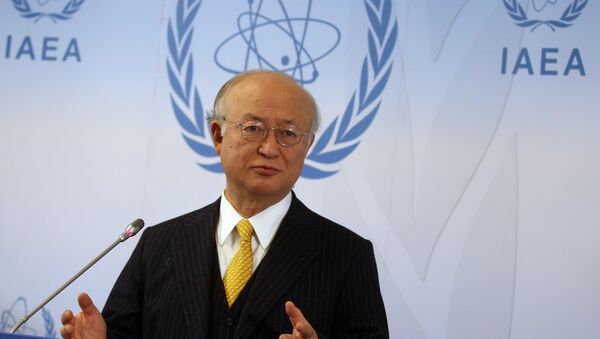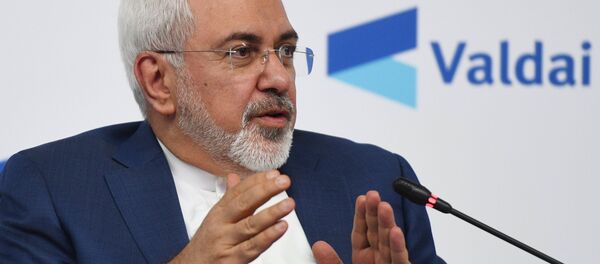"Iran is subject to the world’s most robust nuclear verification regime under the JCPOA, which is a significant verification gain. As of today, the IAEA can confirm that the nuclear-related commitments are being implemented by Iran," IAEA Director General Yukiya Amano said Wednesday.
Announcing his decision to withdraw from the Iran nuclear deal, US President Donald Trump called the agreement a "horrible, one-sided deal that should have never, ever been made," and suggested that it was "defective at its core."
READ MORE: Hillary Clinton: Pullout From Iran Nuke Deal 'Makes US Less Safe and Trusted'
Iran has slammed the move, with President Hassan Rouhani, however, saying that the Islamic Republic is not going to withdraw from the agreement, which remains in force between Tehran and the five remaining P5+1 member-states.
The foreign ministers of Germany, the United Kingdom and France, the members of the P5+1 group that brokered the historic 2015 deal, have issued a joint statement saying their countries will stay in the JCPOA even if the United States pulls out of it.
READ MORE: US' Exit From Iran Deal Will Increase Market Volatility — Investment Strategist
The Russian Foreign Ministry, in its turn, expressed its regret over the US decision and added that Moscow was open for further cooperation with other JCPOA parties and for the continuation of a dialogue and cooperation with Iran.
The JCPOA (The Joint Comprehensive Plan of Action) was signed on July 14, 2015 by the European Union and the P5+1 group of countries — China, Germany, France, Russia, the United Kingdom and the United States.





